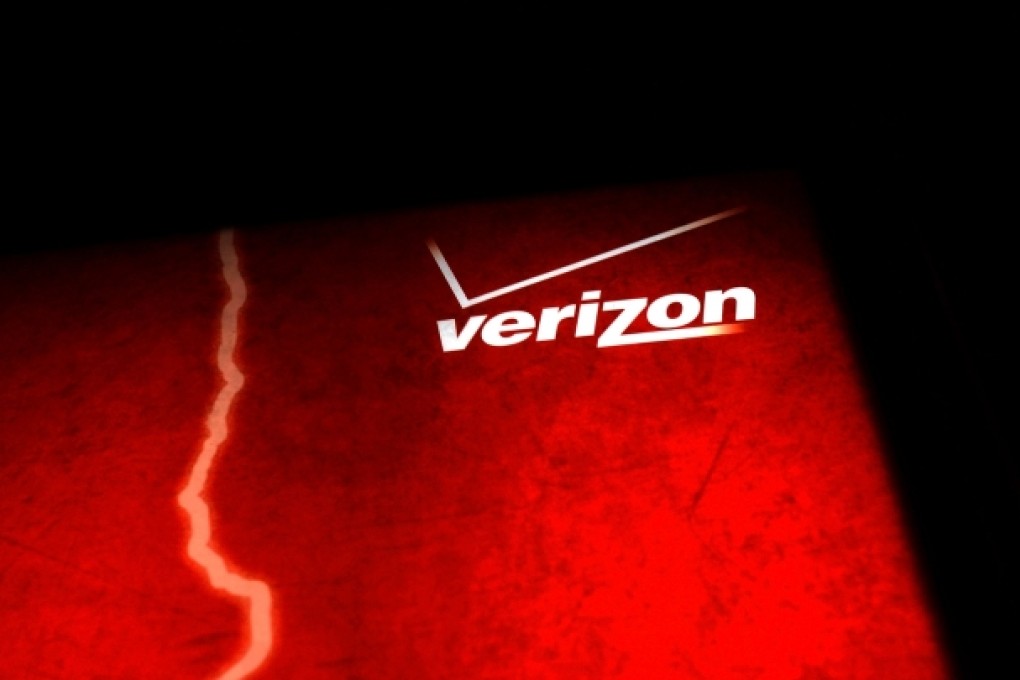
For months, Washington has carefully built a case against China for allowing mainland hackers to target some of America's largest companies and military secrets. The relentless pressure has put Beijing on the defensive and swerved public opinion worldwide against China's real or imagined breaches of cybersecurity, a key issue that was raised during the summit in California between the two nations' leaders.
But explosive revelations that the US National Security Agency has been running a top-secret surveillance programme that has the potential literally to spy on everyone in cyberspace have knocked the wind out of Washington's case against China. It looks like a case of the pot calling the kettle black, except the pot is a lot darker in this case.
First came the disclosure of a wide-ranging secret court order that compelled US telecom giant Verizon to give up details of phone calls made by millions of its customers. Then there is Prism, an NSA surveillance programme that collects personal data and communication from the servers of some of the biggest tech companies in the US. No other governments can remotely contemplate such massive cybersnooping on the scale and complexity achieved by the NSA. Effectively, only the most encrypted electronic communications on the internet have a fighting chance of escaping from the awesome reach of this massive surveillance programme.
Washington has so far claimed it is a domestic spying programme that targets foreign sources passing though US networks. However, it can access any American or foreign communications through those networks if it wants to. The key question is whether there is adequate oversight on its use.
All this is done in the name of national security and counter-terrorism. Whether this is more defensible than China's state-sponsored hacking activities is highly debatable. Mainland hacking involves mostly commercial and military activities, and intellectual property theft. Whatever damage it has caused has been confined to those fields. But the US surveillance programme is an entirely different beast altogether. Already, some US politicians are demanding to know why there appears to be little Congressional oversight. Many of America's key allies are demanding answers as to whether the privacy and personal data of their own citizens have been compromised.
Washington owes its own citizens and the world an explanation as to why such surveillance overkill is necessary.